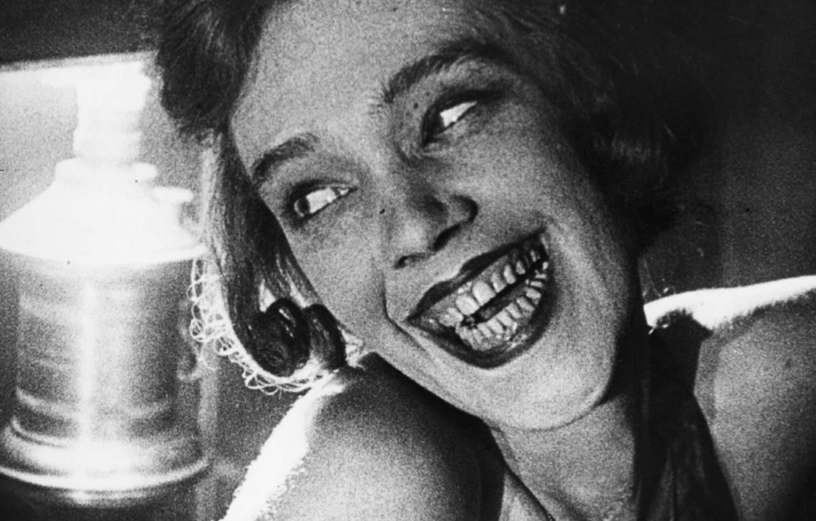“WE MADE FILMS. HE MADE CINEMA.” LEV KULESHOV 1917-1943

The artistic legacy of Lev Kuleshov (1899-1970) contributes to the lasting reputation of this film director and theoretician as one of the most legendary figures of world cinema. His main discovery, known as “the Kuleshov effect,” has been the subject of many studies; nearly all scholars offer different versions of this famous editing experiment, because there is no film evidence of it left. A number of films by Kuleshov have perished altogether (The Theft of Sight, 1934), while others have survived only in part (At the Red Front; Your Acquaintance; A Merry Canary) or in an altered version (Two- Buldi-Two). Many of Kuleshov projects were never realized or were left unfinished (Dohunda). Thanks to a large archive collected mainly through the efforts of Aleksandra Hohlova, Kuleshov’s wife and dedicated follower, we are nowadays able to reconstruct some missing links in this filmmaker’s heritage. And this work is bound to generate more “myths” – puzzles and questions being an important part of the “Kuleshov discourse.”
The present retrospective provides a rare opportunity to see and evaluate the art of Lev Kuleshov from his first independent work as a director, The Project of Engeneer Pright (1918), to his last film We Are from the Urals, made in 1943. It shows Kuleshov in more aspects than we are used to think about him. The King of Paris (1917) will help to understand how it happened that a beginner artist, at the age of 18, was hired as chief production designer at Russia’s largest film studio earning the honor to work with one of the most prominent directors of the time, Evgenij Bauer. At the Red Front and Forty Hearts show Kuleshov’s work in fictionalized war documentaries and educational kulturfilm. An Incident in the Volcano, The Siberians, Timur’s Oath, Young Partisans, and We Are from the Urals reveal the little known period of the film- maker’s career, when after several years of unemployment that followed his public condemnation as a “formalist,” he was forced to take up state-commissioned projects. Finally, viewing Kuleshov’s most important films – The Extraordinary Adventures of Mr. West in the Land of the Bolsheviks, By the Law, and The Great Consoler – close to each other and side by side with the less-known ones will help to see what form this director’s famous theoretical “film language” tenets took in practice and how life, politics and history worked against his grand plans and his extraordinary talent.
Seen all at once, one after another, the films of Lev Kuleshov bring to mind these famous lines, written in 1929 by his former students Vsevolod Pudovkin, Leonid Obolenskij, and Vladimir Fogel’: “We had no cinema before – and now it exists. The rise of cinema began with Kuleshov. Dealing with the questions of cinematic form was what was needed to start it off, and Kuleshov took up this task. He had to bear an all-out attack just because he was a pioneer, because all of his efforts were directed toward a concrete goal, because he could not step off the path he had set. His work was conducted in the atmosphere of incredible vagueness. To work one’s way through that sticky, endless entanglement of Sargasso weeds, one needed a sharp blade. This need explains the ascetic, austere purposefulness of all Kuleshov’s undertakings. Kuleshov was the first filmmaker to raise the issue of the alphabet, as he first organized the inarticulate material and began working on syllables, rather than on words. This constitutes his fault in the eyes of all vagueness-loving thinkers. Some of us, who were once members of Kuleshov’s team, are now hailed for having “outdone” our teacher. This is an outrageously shallow statement. It was on his shoulders that we passed through the Sargasso weeds onward to the open sea. We make films, Kuleshov made cinema.”
Ekaterina Hohlova


